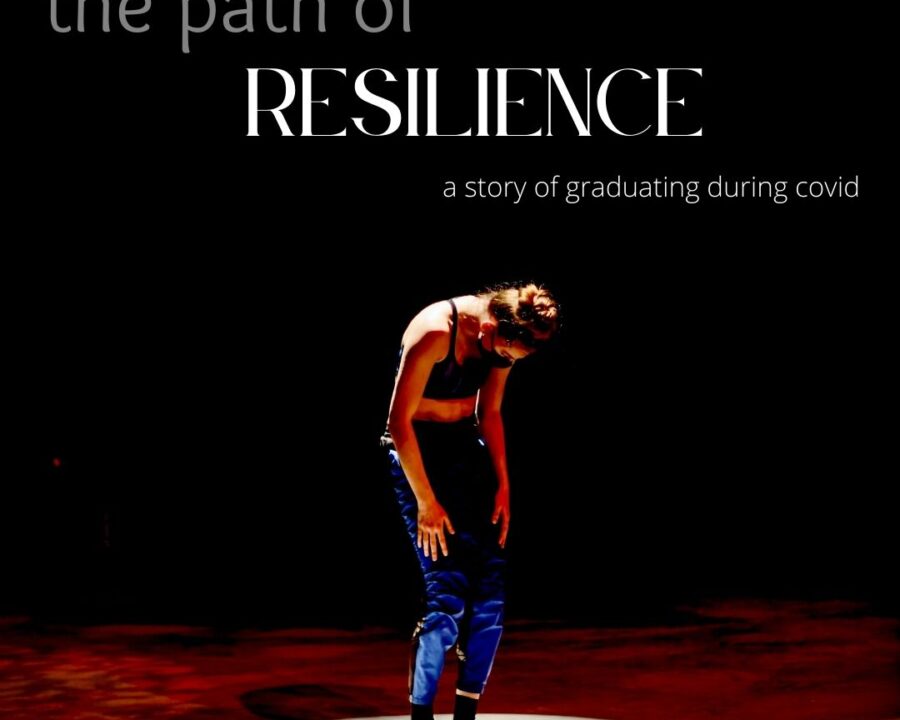
WHAT I’VE LEARNED TODAY
May 14, 2020
COVID SELF-CARE
May 16, 2020BADDEST WOMEN IN SHAKESPEARE #1
“Baddest Woman In Shakespeare” is a series focused on the many strong female characters scattered across Shakespeare’s works. It is valuable as an actress/actor to have a few Shakespeare monologues under your belt.
ROSALIND
We have our Lady Macbeth’s, Ophelia’s, and Juliet’s in the world but the female character that resonates with me the most is Rosalind in “As You Like It”- she’s the whole package. In this blog post, I’ll be sharing two monologues of Rosalind’s in the play. They are both popular pieces that are great to audition with. It is valuable as an actress/actor to have a few Shakespeare monologues at your disposal. When it comes to selecting monologues I consider these few things; my age range, if the monologue shows a shift of emotions, and showcase my strengths. In the past month, quarantine has been the best time to brush up on some Shakespeare.I am an avid supporter of comedic monologues and therefore I chose to start this series with the most quick-witted fictional character I know.
Rosalind in “As you Like It” is the heroine and leading lady of this comedy. She is whom I want to be when I grow up. Rosalind exemplifies all the best qualities of a protagonist. She is fierce, intelligent, charming, strong-willed and has a wicked sense of humour. Rosalind is never short to think of a solution when faced with an adversary. She respects those around her and gives great advice to strangers. The given circumstance of the first monologue is fun to watch as an audience and equally entertaining as a reader. Rosalind is disguised as a Sheppard named Ganymede, and if you know the plot in this scene she catches herself an admirer. Oh, how Shakespeare loves unrequited love, and especially if it is involving cross-dressing. If you are looking for a well crafted, and direct rejection speech this is your monologue.
MONOLOGUE 1:
“And why, I pray you? Who might be your mother” Act 3 Scene 5
(advancing, as Ganymede)
“And why, I pray you? Who might be your mother,
That you insult, exult, and all at once,
Over the wretched? What though you have no beauty —
As, by my faith, I see no more in you
Than without candle may go dark to bed —
Must you be therefore proud and pitiless?
[Phoebe gazes intently at Rosalind.]
Why, what means this? Why do you look on me?
I see no more in you than in the ordinary
Of nature’s sale-work. — ‘Od’s my little life,
I think she means to tangle my eyes too! —
No faith, proud mistress, hope not after it.
‘Tis not your inky brows, your black silk hair,
Your bugle eyeballs, nor your cheek of cream
That can entame my spirits to your worship.
[To Silvius]
You foolish shepherd, wherefore do you follow her,
Like foggy south, puffing with wind and rain?
You are a thousand times a properer man
Than she a woman. ‘Tis such fools as you
That makes the world full of ill-favored children.
‘Tis not her glass, but you, that flatters her,
And out of you she sees herself more proper
Than any of her lineaments can show her.
[To Phoebe]
But, mistress, know yourself. Down on your knees,
And thank heaven, fasting, for a good man’s love!
For I must tell you friendly in your ear:
Sell when you can; you are not for all markets.
Cry the man mercy, love him, take his offer;
Foul is most foul, being foul to be a scoffer.
[To Silvius]
So take her to thee, shepherd. Fare you well.”
Epilogues In Shakespeare

Formal epilogues are used as a flexible instrument, often a speech in verse or prose at the end of a play and/or book. The speech is typically directed towards the audience often giving a short statement about what happens to the characters after the play has ended.
MONOLOGUE 2:
The Epilogue in “As You Like It” Act 5
Formally epilogues in Shakespeare’s tragedies are considered redundant, however, in his comedies, they become a pivotal moment to close the story. In Shakespeare’s comedies, epilogues carry weight since they represent the restitution of order. For example in the plot in “As You Like It” through uncomplicated and rather straightforward conflicts, the majority of events occur at it’s restorative “green world” of Arden. The romantic ploys of Orlando’s love by Rosalind disguised as Ganymede, the comedic reliefs from Touchstone, and Phoebe’s one-sided love for Rosalind and cruelty towards her admirer. All the disorder in the plot between characters come to a straightforward solution – marriage. With that being, Rosalind being the one to close the play with an epilogue is testament to how she was the centre of the narrative and captain of her story. She begins as “the lady” and slips back into Ganymede throughout the speech emphasizing the duality of her character. I like how conversational this monologue is even her self-awareness is refreshing. She begins the dialogue by pointing out “It’s not the fashion to see the lady the epilogue” and that a good play should not need an epilogue but with her can be improved by one. Her charms, wits, and intelligence make Rosalind a crowd favourite.
“It is not the fashion to see the lady the epilogue; but it is no more unhandsome than to see the lord the prologue. If it be true that good wine needs no bush, ’tis true that a good play needs no epilogue. Yet to good wine they do use good bushes, and good plays prove the better by the help of good epilogues. What a case am I in then, that am neither a good epilogue, nor cannot insinuate with you in the behalf of a good play! I am not furnished like a beggar; therefore to beg will not become me. My way is to conjure you, and I’ll begin with the women. I charge you, O women, for the love you bear to men, to like as much of this play as please you; and I charge you, O men, for the love you bear to women — as I perceive by your simpering, none of you hates them — that between you and the women the play may please. If I were a woman, I would kiss as many of you as had beards that pleased me, complexions that liked me, and breaths that I defied not; and, I am sure, as many as have good beards, or good faces, or sweet breaths, will, for my kind offer, when I make curtsy, bid me farewell.”
Exit.
Online Resources
Jstor.org
When it comes to finding academic papers,books,and articles this is my go to site. If you use your student log in you can access all their academic resources for free. I have linked Waldo Mcneir’s journal article on Epilogues in Shakespeare if you are interested in reading further about it.
McNeir, Waldo. “SHAKESPEARE’S EPILOGUES.” CEA Critic, vol. 47, no. 1/2, 1984, pp. 7–16. JSTOR, www.jstor.org/stable/44378157. Accessed 15 May 2020.http://McNeir, Waldo. “SHAKESPEARE’S EPILOGUES.” CEA Critic, vol. 47, no. 1/2, 1984, pp. 7–16. JSTOR, www.jstor.org/stable/44378157. Accessed 15 May 2020.
Internet Shakespeare Editions
Internet Shakespeare’s Edition publishes great quality materials on Shakespeare’s works,plays, and his history. Each of the monologues above are from this website, this is one of the best ways to get quality and peer reviewed information on Shakespeare’s works. I would even say a better source than websites such as shmoop and sparknotes.
https://internetshakespeare.uvic.ca/doc/AYL_F1/scene/3.5/index.html
If you enjoyed this article feel free to like it ,and if there is a character you want us to discuss next contact us.




